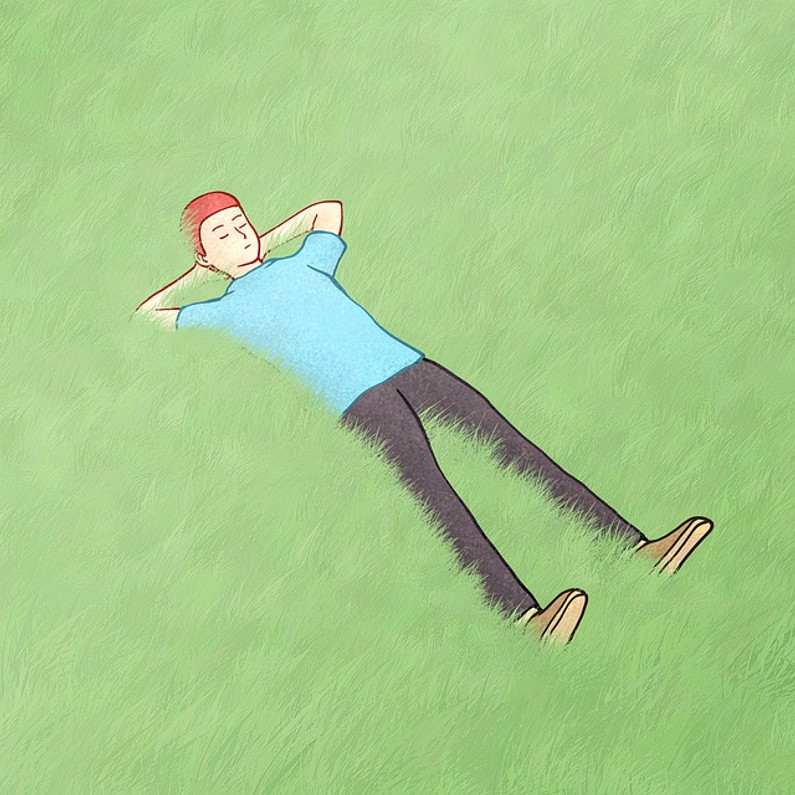Study: Sleeping Disorders Linked to Increase Risk of Stroke
Sleep is something that many of us take for granted. We don't realize the importance of getting seven to eight hours of high-quality sleep until we develop a sleep disorder. A sleep disorder will make it difficult to fall asleep and stay asleep. Aside from waking up tired, it may have a negative impact on your heart. A new study found that people who suffer from a sleeping disorder have an increased risk of stroke.
About the Study
For the study, researchers analyzed sleep- and health-related data involving roughly 4,500 participants. They discovered that participants who experienced snoring, tossing, turning or similar problems while they slept were more likely to experience a stroke than their counterparts who didn't experience these sleeping problems.
Researchers further determined that participants who slept for less than five total hours per night on average were up to three times more likely to experience a stroke than their counterparts who slept for more hours per night. This study was published in the journal Neurology.
How Sleeping Disorders Affect the Heart
How do sleeping disorders affect the heart exactly? If you have trouble falling asleep or staying asleep, you may experience high blood pressure. Sleeping disorders have been shown to increase blood pressure, especially during the night when blood pressure normally drops. As your blood pressure levels rise over time, so will your risk of heart disease. Chronic sleep deprivation can impair your body's ability to regulate its blood pressure, leading to sustained high blood pressure levels that negatively affect the heart.
There's a correlation between sleep and inflammation. People who suffer from a sleep disorder typically have higher levels of inflammation in their body than their well-rested counterparts. Inflammation markers such as C-reactive protein (CRP) and interleukin-6 (IL-6) are typically higher in people who suffer from a sleep disorder.
Inflammation is a key factor in the development of heart disease. It can damage the blood vessels, impair the endothelial function and encourage the formation of plaque in the arteries.
Improve Your Sleep for a Healthier Heart
By taking precautions to improve your sleep, you'll benefit from a healthier heart. The U.S. Centers for Disease Control and Prevention (CDC) recommends a minimum of seven hours of sleep per night for most adults. If you fall short of this amount, there are a few things you can do to improve your sleep.
Turning all of the lights off in your bedroom may improve your sleep. Even small lights from alarm clocks or devices can interfere with your ability to fall asleep and stay asleep.
You can also try exercising before bedtime. Performing just 10 minutes of light cardio will make it easier to fall asleep at night.
Recent Posts
-
Fire Safety in the Workplace: What You Need to Know
What steps are you taking to prevent fires in your workplace? According to the U.S. Occupational Saf …Aug 23rd 2023 -
Is It Safe to Go Jogging With a Cold Infection?
If you're suffering from a cold infection, you might be wondering whether it's safe to go jogging. T …Aug 22nd 2023 -
5 Safety Tips to Follow When Using a Powder-Actuated Tool
Powder-actuated tools are commonly used to join materials to steel and concrete. Also known as Hilti …Aug 20th 2023




